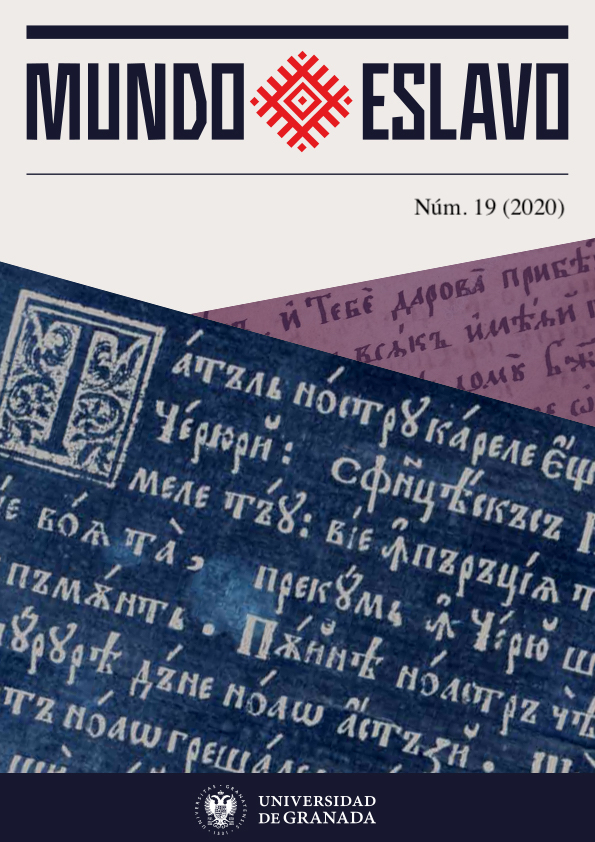Query Structuring for Automatic Selection of Analytical Future Tense in Slavic Languages
Abstract
Modern corpora tools allow language researchers to perform a wide range and type of analysis as well as automatize the selection of empiric material thanks to a detailed annotation of the texts. Since annotation is mainly word-oriented, some grammar categories which are expressed by means of analytical forms cannot be tagged as such in a word-oriented approach, which is why in many corpora their selection is hampered or produces mistaken results. To overcome this problem, we propose to use specific queries in Context Query Language (CQL), which can combine as many parameters and conditions as the researcher might need to indicate: lexemes with their characteristics or sequence of them. To illustrate the usage, possible results, and potentiality of this tool, we make an overview of the queries aimed at selecting analytical forms of future in 6 Slavic languages: Belorussian, Check, Polish, Slovak, Russian, and Ukrainian. CQL-queries should be adapted for each corpus by modifying the tagname, though the structure of the query remains identical. Some annotated corpora do not accept CQL-query, though they provide a specific user interface for selecting grammar categories. Nevertheless, CQL appears to be a more universal solution (though, more complicated to use) because it includes the possibility of modifying partially the parameters of the search, for example, selecting future forms in a certain voice or aspect.
Downloads
Downloads
Published
How to Cite
Issue
Section
License

CC BY-SA: This license allows reusers to distribute, remix, adapt, and build upon the material in any medium or format, so long as attribution is given to the creator. The license allows for commercial use. If you remix, adapt, or build upon the material, you must license the modified material under identical terms.
CC BY-SA includes the following elements:
BY ![]() – Credit must be given to the creator
– Credit must be given to the creator
SA ![]() – Adaptations must be shared under the same terms
– Adaptations must be shared under the same terms
Authors who publish with this journal agree to the following terms:
1. Authors retain copyright and grant the journal right of first publication with the work simultaneously licensed under a Creative Commons Attribution License that allows others to share the work with an acknowledgement of the work's authorship and initial publication in this journal.
2. Authors are able to enter into separate, additional contractual arrangements for the non-exclusive distribution of the journal's published version of the work (e.g., post it to an institutional repository or publish it in a book), with an acknowledgement of its initial publication in this journal.
3. Authors are permitted and encouraged to post their work online (e.g., in institutional repositories or on their website) prior to and during the submission process, as it can lead to productive exchanges, as well as earlier and greater citation of published work (See The Effect of Open Access).













